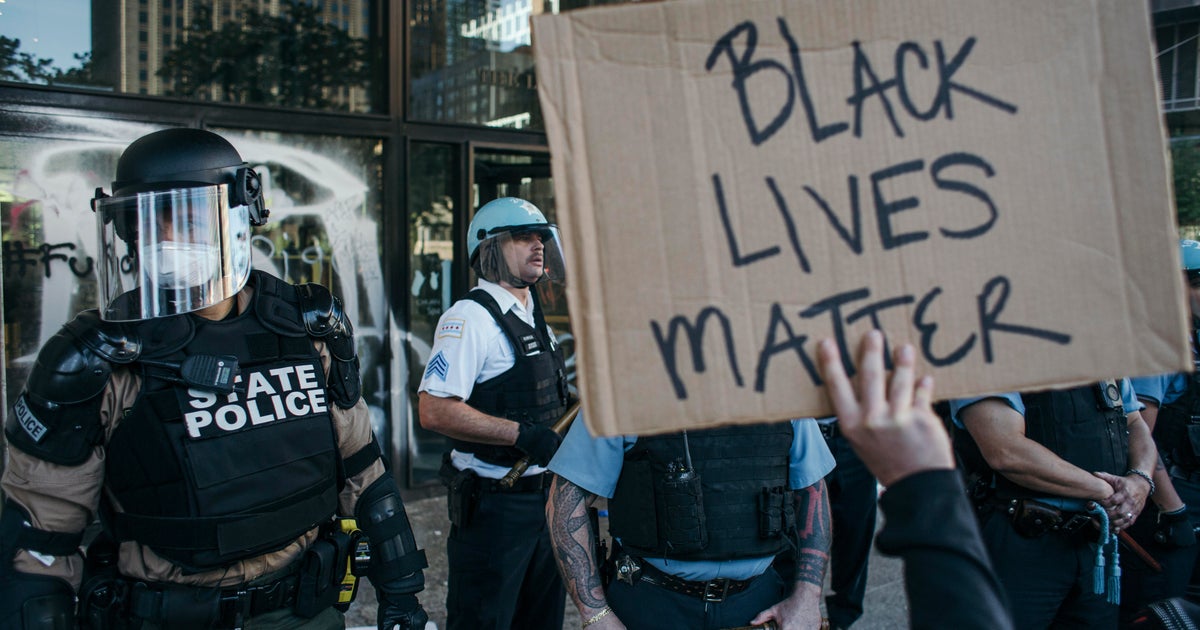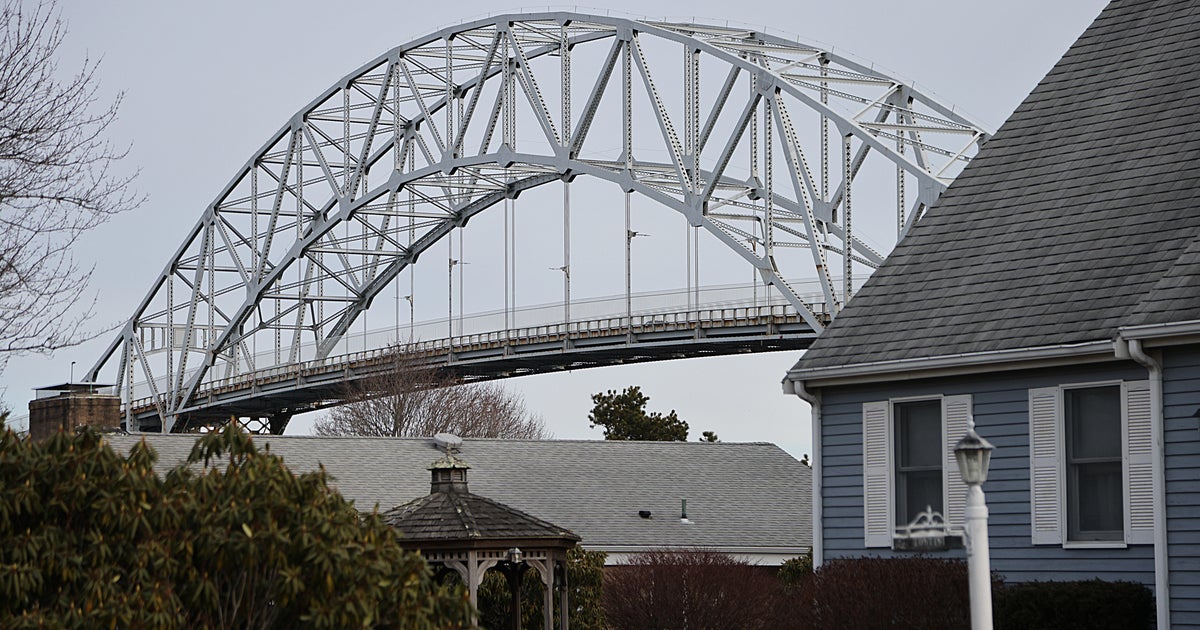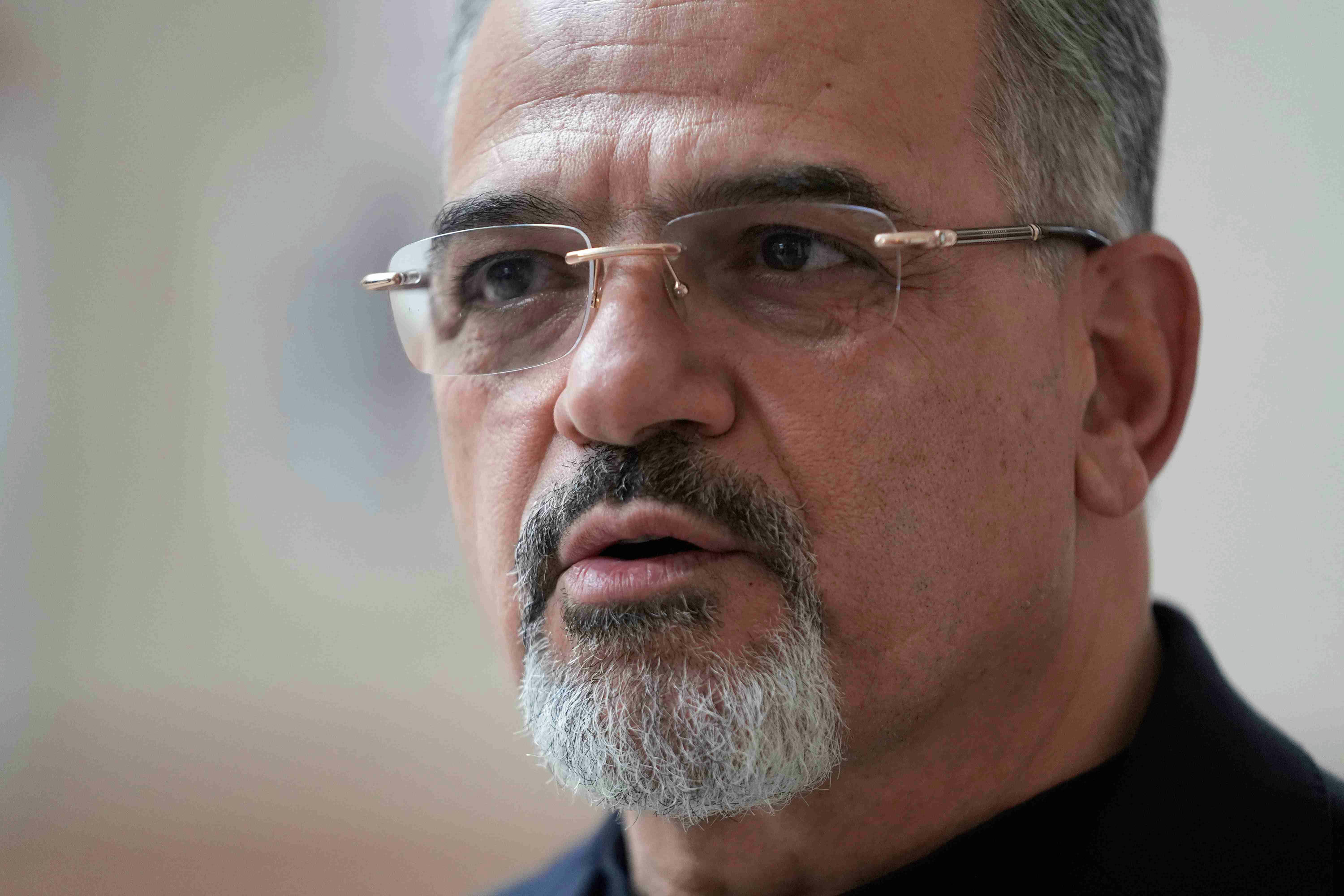Virtual event to mark the 56th anniversary of "Bloody Sunday"
Six years ago, then-President Obama and thousands of people marched hand in hand over the Edmund Pettus Bridge in Selma, Alabama, to mark the 50th anniversary of the brutal attacks protesters faced at the hands of Alabama state troopers as they demanded the right to vote.
This Sunday, there will be no marching to commemorate the 56th anniversary of what became known as "Bloody Sunday." Due to the coronavirus pandemic, events will be held virtually for the first time. Among this Sunday's events: an online re-enactment of the bridge-crossing, speeches, talks, workshops and various musical performances.
It will also be the first annual event without four civil rights icons who died last year: Reverend C. T. Vivian, attorney Bruce Boynton, Reverend Joseph Lowery, and Congressman John Lewis.
Lewis was one of the leaders of the march and was brutally beaten by police. The 80-year-old died in July after battling advanced-stage pancreatic cancer.
Those icons along with the 500 marchers will be honored this weekend. Organizers of the Selma Bridge Crossing Jubilee said it's their goal to educate people not only about the events surrounding the 1965 march but the importance of voting and racial equality.
On March 7,1965, hundreds of peaceful protestors faced brutal attacks by Alabama state troopers. The demonstrators were beaten and tear-gassed. The assault aired on televisions across the nation, galvanizing the fight against racial injustice and prompting Congress to pass the Voting Rights Act.
In August of that same year, President Lyndon Johnson signed the Voting Rights Act into law. The federal legislation outlawed discriminatory practices like literacy tests as a prerequisite to vote.
This week, the House passed H.R.-1, known as the "For the People Act." It seeks to expand Americans' access to the ballot box, increase transparency in political donations and prevent gerrymandering.
"You and I must work together ... to protect voters but to also encourage people to become voters. That is the ultimate equalizer in our society," South Carolina Democratic Representative James E. Clyburn said.





